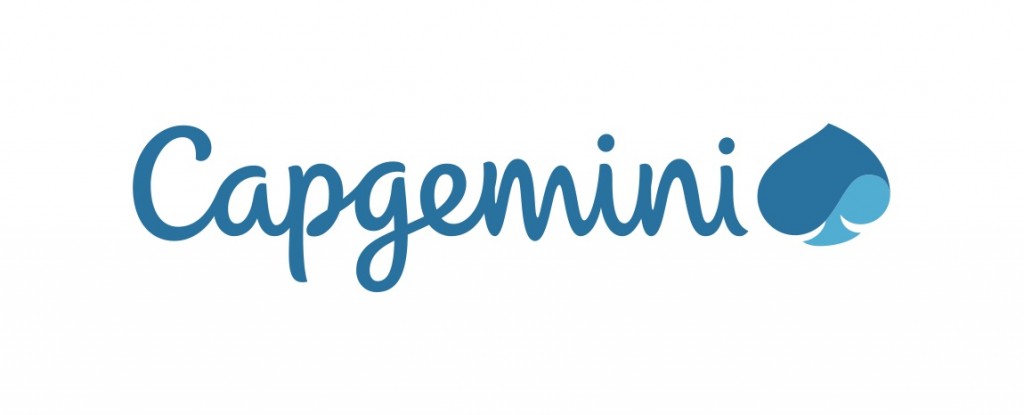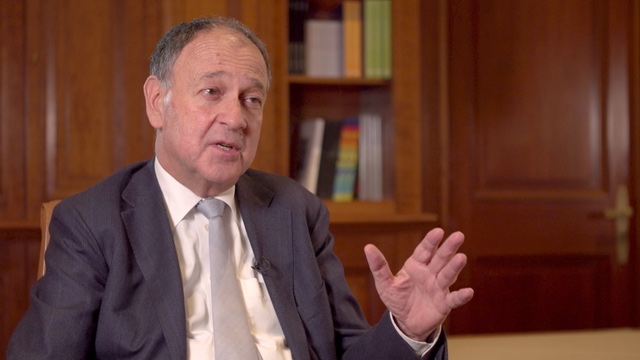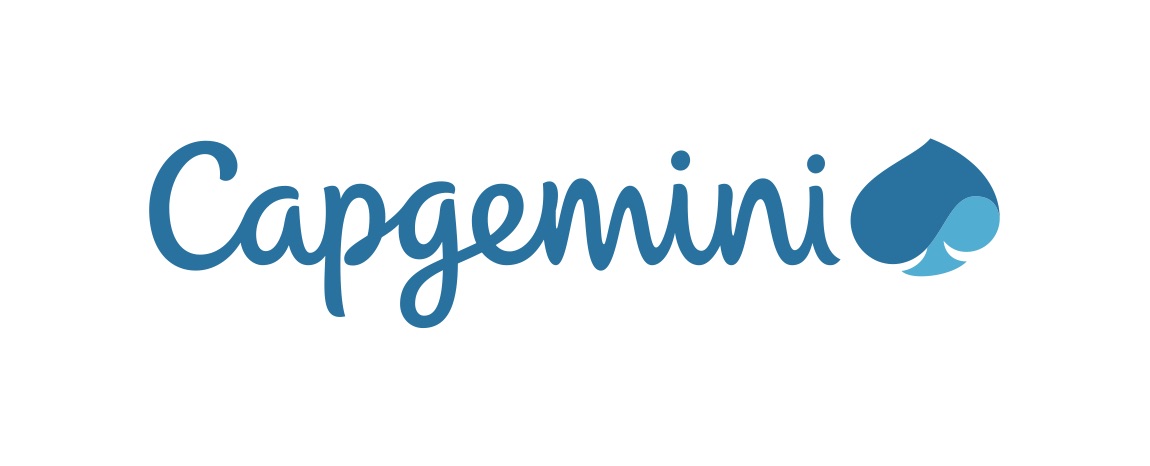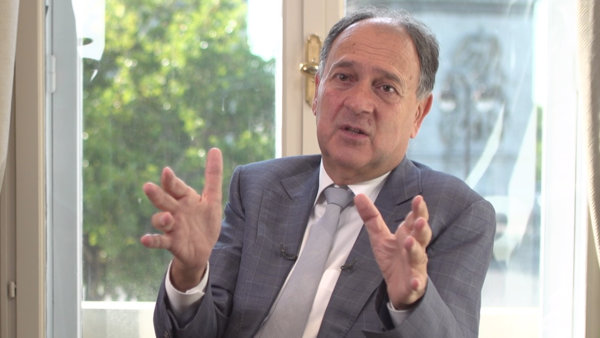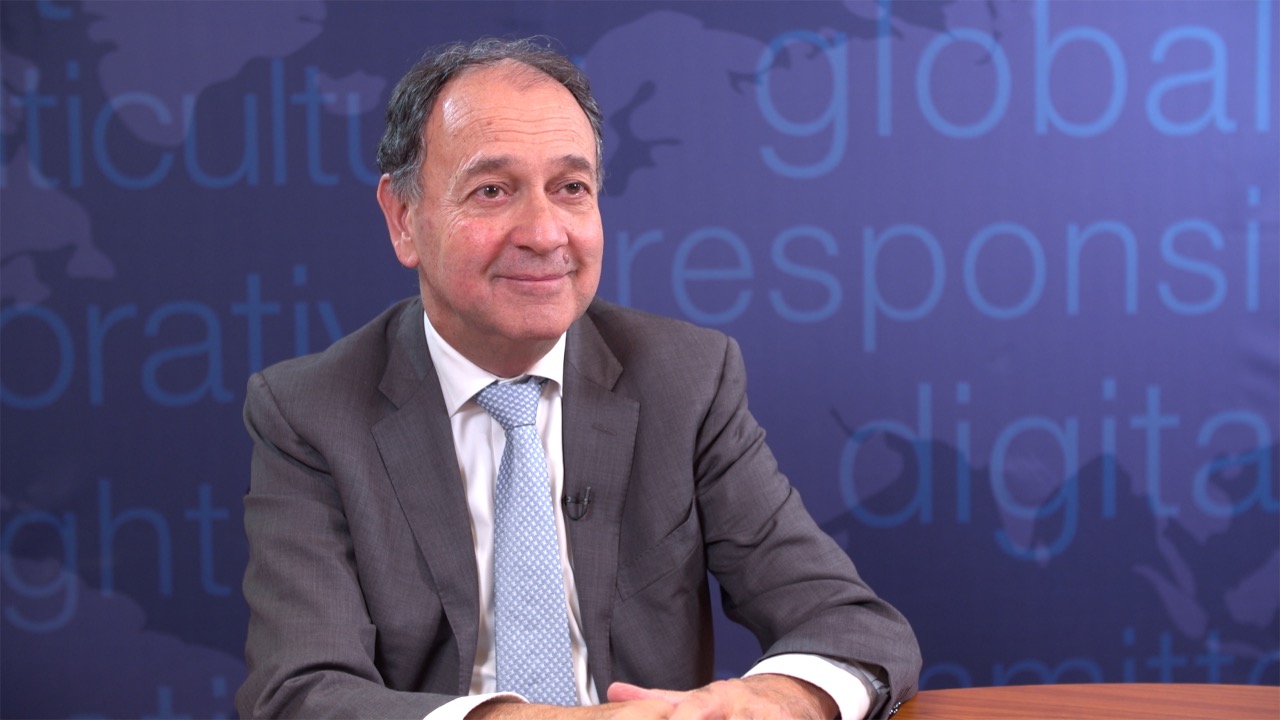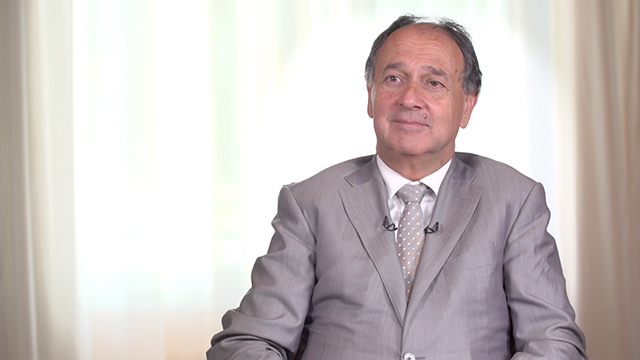EuroBusiness Media (EBM): Capgemini, a global leader in Consulting, Technology, Outsourcing and Local Professional Services, reports its 2009 full-year results. Paul Hermelin, welcome. As Capgemini’s CEO, what are your comments on the Group’s results and performance in 2009?
Paul Hermelin (PH): 2009 was a challenging year because we started the year with still a pretty solid demand and we saw it crumbling in the second half. But still I think the Group has shown a quite respectable resilience - if I look at our margin resistance, if I think of our cash collection, the balance sheet - and I would say the Group is probably stronger at the end of 2009 than we thought we could be in front of such a downturn.
EBM: Clearly the challenge you face in 2010 is returning to growth. What’s your growth strategy for this year? When and where do you see your business picking up in 2010?
PH: Today we still have a soft demand, but we start to see some signs. There is less price pressure, we see attrition growing, so we think the demand starts to come back. The pipeline is growing. So where will it come back? Probably where it stopped first! So I would say the financial sector looks as the most promising segment today - we already have started growing there. Probably North America and then the most cyclical activities: Consulting and Sogeti.
EBM : When it comes to margin preservation, some analysts say that all of the easy cost cutting is now behind you and there are now almost no more levers left to generate savings and preserve margins. How true is this analysis?
PH: I don’t share at all that view. In my view we have done pretty nicely cutting in our general and admin costs, but I think we can do far more in terms of effectiveness. We just launched a lean program to reinvent our delivery. There are big productivity gains that are within reach. I think that thanks to Offshore we can be more effective and even Onshore, by investing in innovation, we can generate very significant savings.
EBM: What’s your formal guidance today for 2010 concerning your growth and margin targets?
PH: Today I’m still prudent. I think our top line should still decline a little bit and our guidance will be between -2% and -4% evolution, so a slight decline of our revenue. And regarding the margin; a margin of between 6 and 6.5% in terms of operating margin.
EBM: You’ve stated that you want to develop service offerings in five growth segments that you have identified. What are the technological trends that you see that will drive growth in these five market segments?
PH: I think it’s important to realize that at the end of this downturn, there is a lot of appetite for investment. The previous downturn happened after the year 2000 preparation and there had been some kind of over investment. Today our customers are hungry for innovation, are hungry for technology. The question is: “Do they feel confident enough to sign contracts?” So we see a lot of appetite in business information management, in virtualization - so new technologies, the world of Smart Energy. So there is appetite there. The question today is more, we have a nice pipeline growing of opportunities, but will the CEO feel safe enough to sign the contract? And my view is the confidence starts to come back.
EBM: What is the quantitative growth potential of these five segments, their potential market size, your own market share ambition within that and who do you see as your main competitors in those areas?
PH: Probably not my role to name a competitor, but I would say we initially thought we would sell 800 million of those five top line initiatives, five new offerings. I think - when I see the pipeline - we will probably do more. The question is: we will do less of other things, so it’s just not incremental revenue. But the appetite is very solid. Application Lifecycle Services, Testing use a lot of Offshore resources while the three other are more innovation for our Onshore people. But there is appetite. I think we will see large contracts of the first two categories and large contracts of Smart Energy. I think Cloud today is more about awareness, readiness, but we will not see big amounts of contracts for these new offerings.
EBM : How does your recent acquisition of IBX fit into this growth strategy?
PH: An evolution for a service company is that we will need some intellectual property and IBX is a typical example where we buy a solution and we will develop services based on that solution. So it will be - we are today leader in finance and accounting in BPO, and in Business Process Outsourcing we want to become the leader in Procurement and thus we buy the intellectual property and the customer base of IBX to develop it into global leadership.
EBM: You are currently sitting on a pile of cash estimated at over € 1 billion. How do you plan to use this money; acquisitions, share buy-backs, dividends?
PH: We have collected a nice level of cash at the end of last year. The Board has decided to propose to the General Assembly a dividend of 80 cents per share. That’s a little decrease versus last year, but that will only consume € 120 million, so we will still sit on some nice cash. The group will be more acquisitive in terms of buying some market share where we don’t have it. So it could be our usual - not holes, but weaknesses - the US, some emerging markets, and then buying some new companies that bring some skill that we need, that will help us become a leader in some emerging demand and emerging skills.
EBM: Regarding your offshore development, we’ve recently seen at least one example of a European IT services company begin to use their Offshore resources to sell back into that local market. Will you be looking to do the same? Is there really a significant local market out there for you in say India or China for example?
PH: If we think that in a few years the Group should have 5% to 10% of its revenue in emerging markets, you might think of India, China, Brazil or a few others. So we have to start there. So we have started a domestic business in India already. We have signed a few deals in the last two years and we are growing there. We have some activities in China. So we try to do that, but I would say the nominal value of this contract is still not comparable to the typical US or Western European contracts. But we are growing today our domestic business in both India and China.
EBM: Paul Hermelin, CEO of Capgemini, thank you.
PH: Thank you.

